12 Best AI Search Engines to Try in 2025
Discover the leading AI search engines transforming how we find information in 2025.

Discover the leading AI search engines transforming how we find information in 2025.

Discover the leading AI search engines transforming how we find information in 2025.
AI search engines are redefining our online experience. With advancements in generative AI and semantic search, these tools not only enhance user experience but also focus on privacy and data security.
Recent statistics show that Microsoft Bing has gained over 40 million daily active users after integrating AI, showcasing a significant trend in user preference towards AI-powered search solutions.
In this comprehensive guide, we’ll explore the top 12 best AI search engines available in 2025.
Whether you’re a researcher seeking precise data or a casual user aiming for efficient information retrieval, our research-backed list has you covered.
The evaluation process for the best AI search engines focused on these key criteria:
The methodology involved extensive testing, expert consultations, and thorough online research to ensure accurate and up-to-date evaluations.
Software | Best For | Key Features | Pricing | Free Plan | Platforms Available |
|---|---|---|---|---|---|
AI reverse image search | Advanced reverse image search capabilities, AI Face search | €15.23/mo | Yes | Web, Android, iOS | |
Conversational search | NLP, contextual search | $40/mo | Yes | Web | |
Multimodal searches | Text, image, audio processing | $19.99/mo | Yes | Web, Android, iOS | |
AI-enhanced searching | Visual search, conversational responses | Free | Yes | Web, Windows | |
Personalized search | Chat capabilities, AI models | $9.99/mo | Yes | Web | |
Privacy-focused | No tracking, transparent results | Free | Yes | Web | |
Contextual search | Direct answers, user queries | Free | Yes | Web | |
Developer-focused | Coding assistance | Free | Yes | Web | |
Anonymous searching | No tracking, simple interface | Free | Yes | Web, Android, iOS | |
AI-powered product search. | Multiple product categories for easy navigation. | Free | Yes | Web | |
Eco-friendly searches | Plant trees with searches | Free | Yes | Web, Android, iOS | |
Q&A searches | Simple queries, easy navigation | Free | Yes | Web |
Best for AI reverse image search
Lenso.ai is an AI reverse image search engine that effectively analyzes images and presents the most relevant matches. Thanks to the available categories— People, Places, Duplicates, Related, and Similar images — users can narrow their search even further.
Additionally, keyword and domain filtering options help refine searches for more precise results. The platform’s sorting options also assist in quickly finding the best possible match for an image.
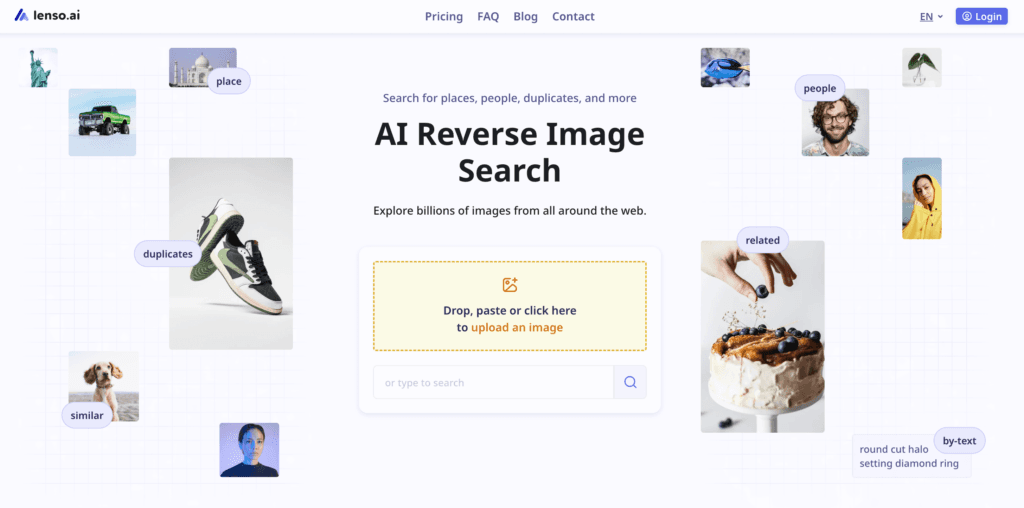
Lenso.ai offers a free plan with basic options and there are also paid subscription plans avaialable.
If you need anything else, feel free to reach me out!
Best for conversational search experiences.
Perplexity AI combines the functionalities of a traditional search engine with an advanced chatbot interface.
It uses Natural Language Processing (NLP) to understand context, allowing users to ask questions conversationally and receive comprehensive answers. This makes it particularly useful for those seeking detailed information quickly.
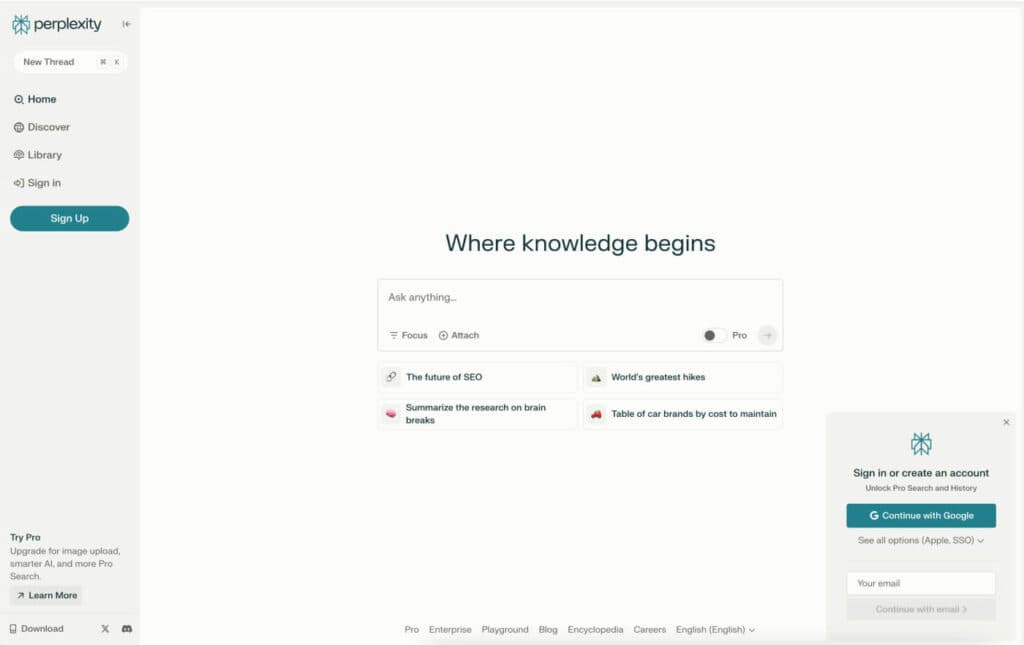
Perplexity AI offers a free plan with core features, while the Pro plan is priced at $40/month. For more information, visit their pricing page.
Best for multimodal searches and integration with Google services.
Google Gemini is designed to process various forms of content, including text, images, audio, and video.
Its integration with Google services such as Gmail and Google Docs makes it a powerful tool for users who rely on various Google applications.
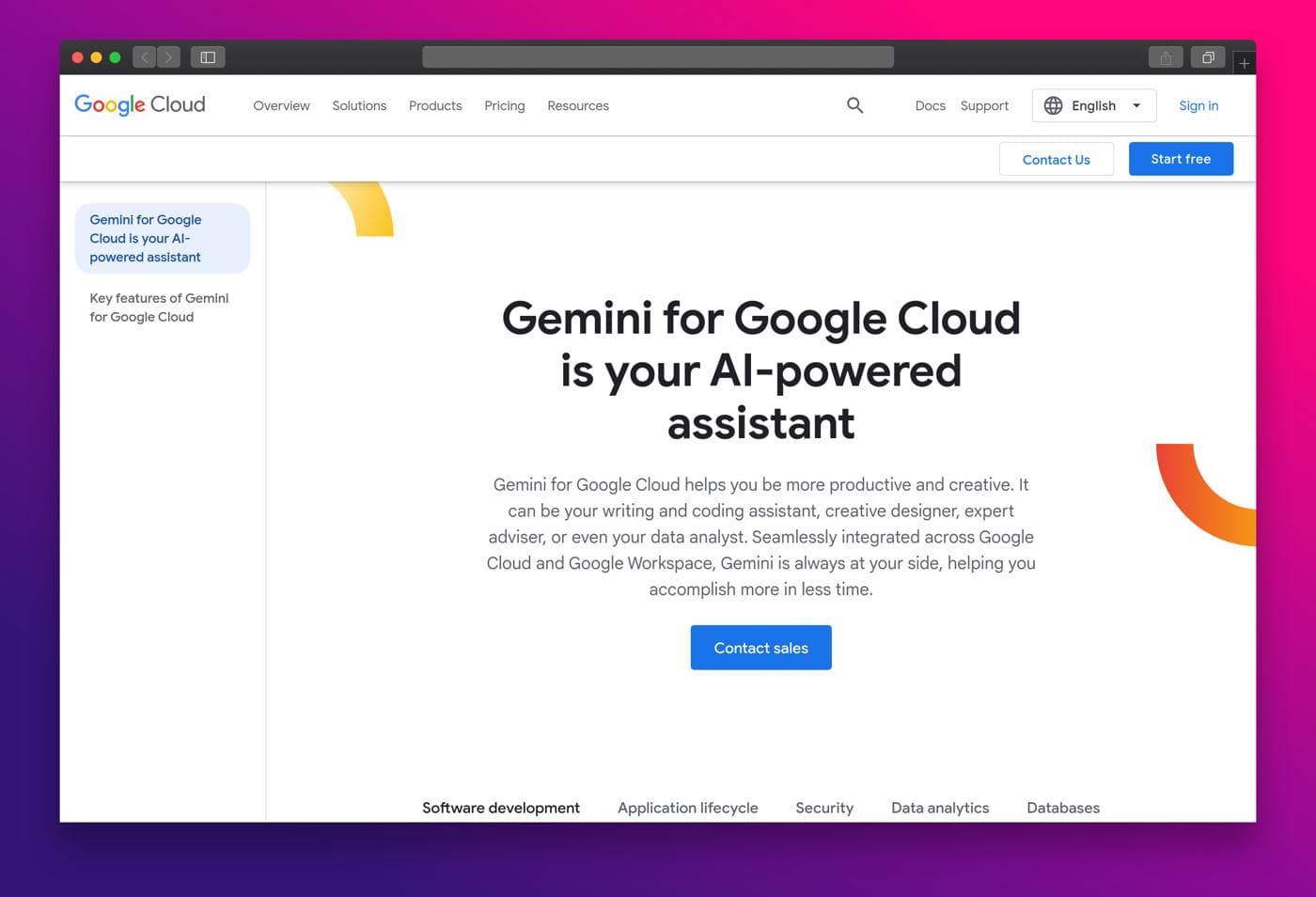
Google Gemini has a free basic version, with an advanced subscription available for $19.99/month. More details can be found on their pricing page.
Best for a robust search index and AI-enhanced features.
Microsoft Bing leverages advanced AI technologies to provide users with conversational search capabilities and personalized content.
Its integration with Microsoft 365 enhances productivity for users.
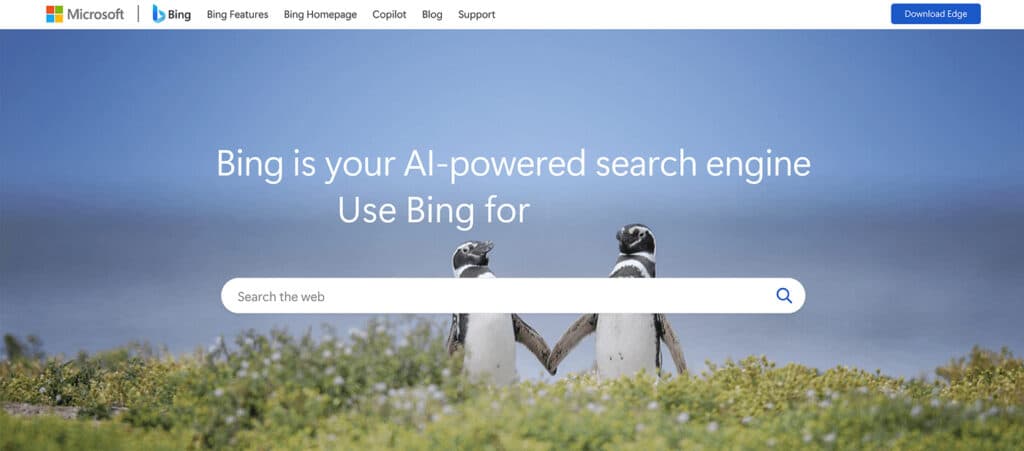
Bing is free to use, with additional features available for Microsoft 365 users at $7/month. More information is available on its pricing page.
Best for personalized and collaborative searching.
You.com offers a unique search experience, allowing users to customize their searches and collaborate with others.
Its AI models provide diverse perspectives on query results.
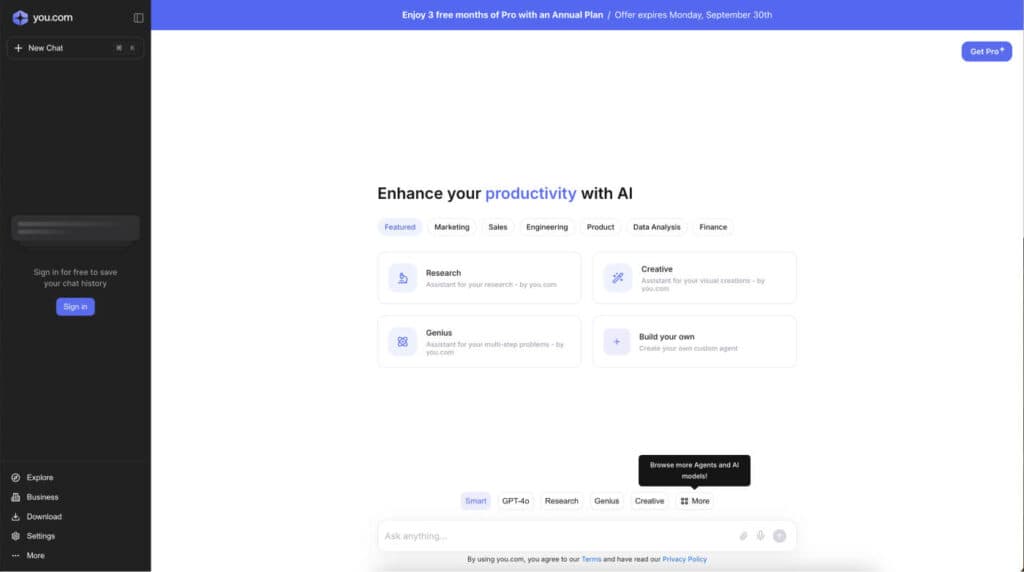
You.com provides a free plan with basic features, and the YouPro plan is available for $9.99/month. For more details, check their pricing page.
Best for privacy-focused searches without tracking.
Brave Search prioritizes user privacy, ensuring that searches are not tracked or monetized.
This makes it an excellent choice for users who value confidentiality in their online activities.
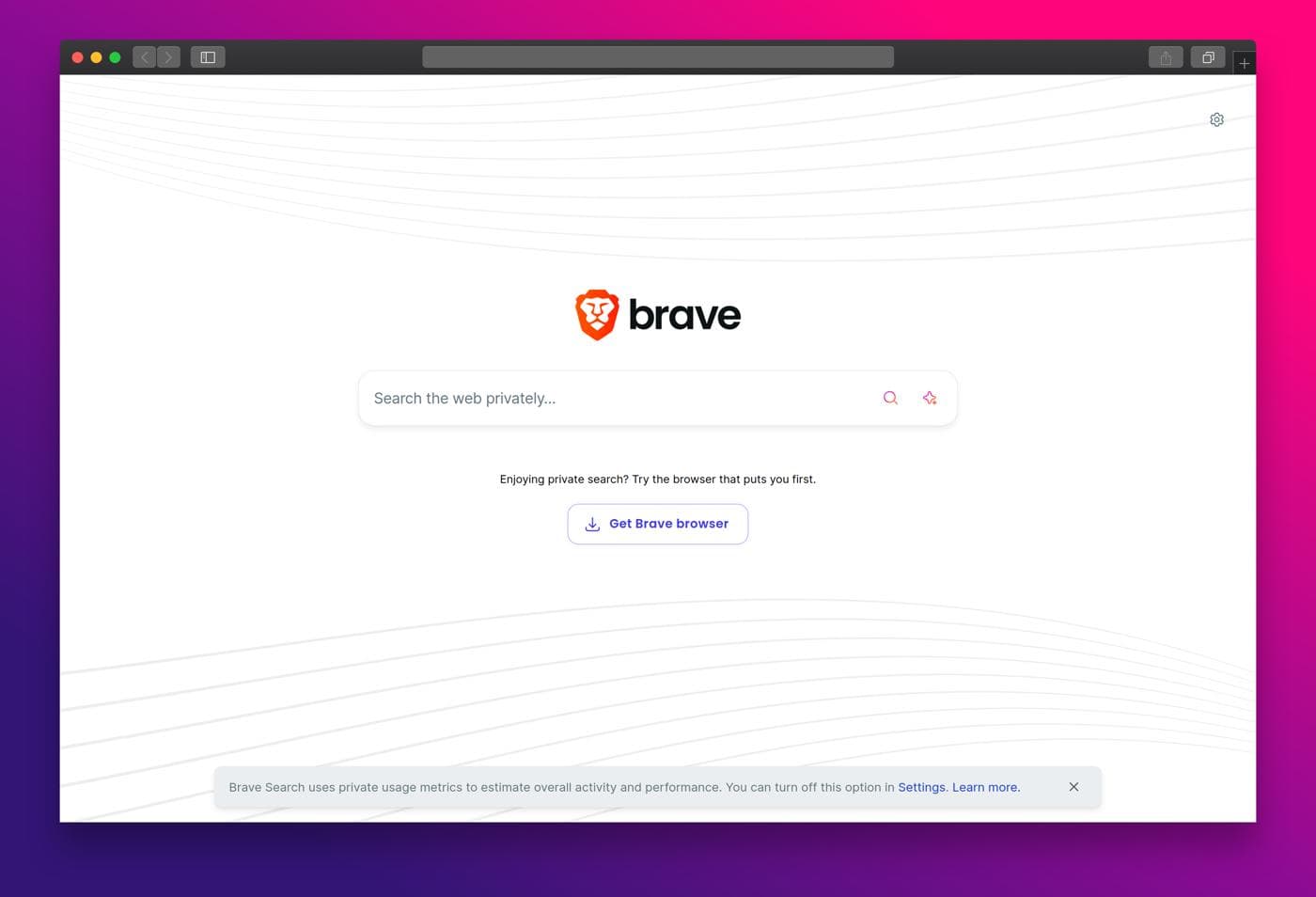
Brave Search is completely free to use. More information can be found on their pricing page.
Best for contextual information retrieval.
Komo focuses on delivering direct answers to user queries, ensuring quick access to relevant information.
Its AI-driven results cater well to users looking for concise responses.
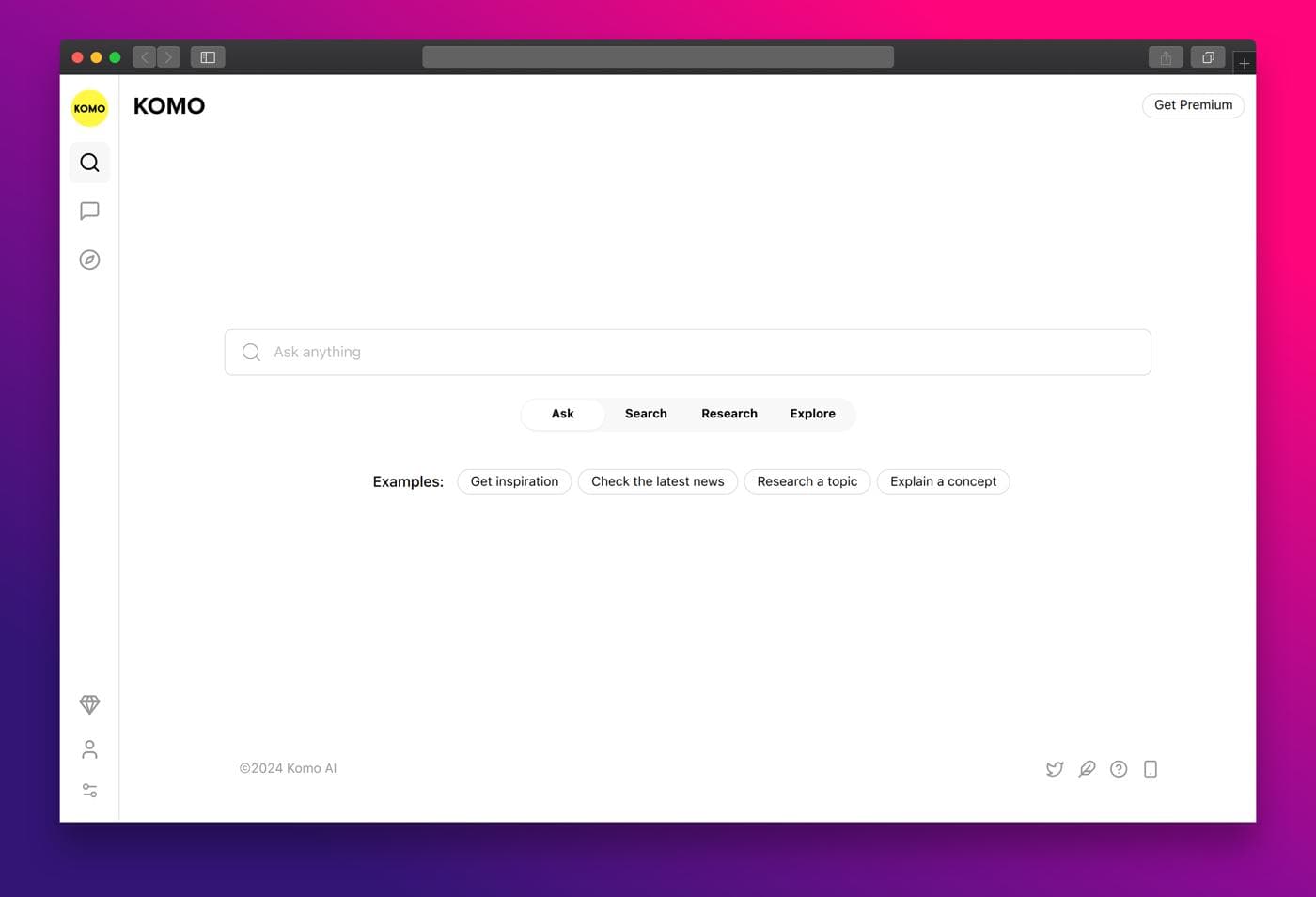
Komo is free to use. For more details, visit their pricing page.
Best for developers and tech enthusiasts seeking coding assistance.
Phind is tailored specifically for technical users, offering search capabilities designed to assist with coding and technology-related queries.
It provides quick access to relevant resources for developers.
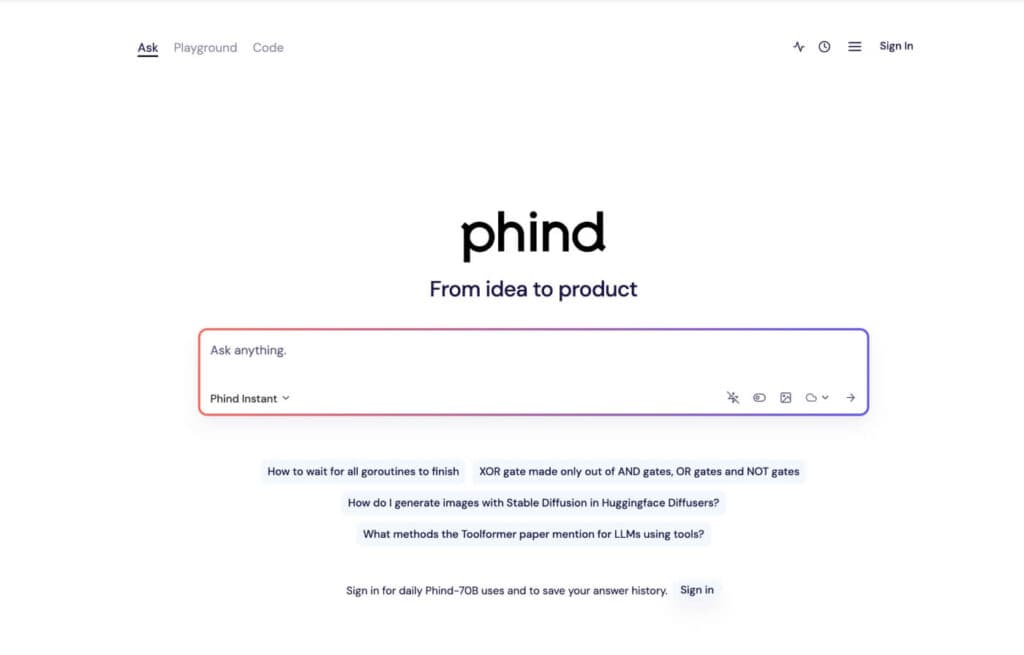
Phind is free to use. More information can be found on their pricing page.
Best for anonymous searching.
DuckDuckGo is known for its commitment to user privacy, ensuring searches are not tracked or personalized.
It offers a straightforward search experience without compromising user data.
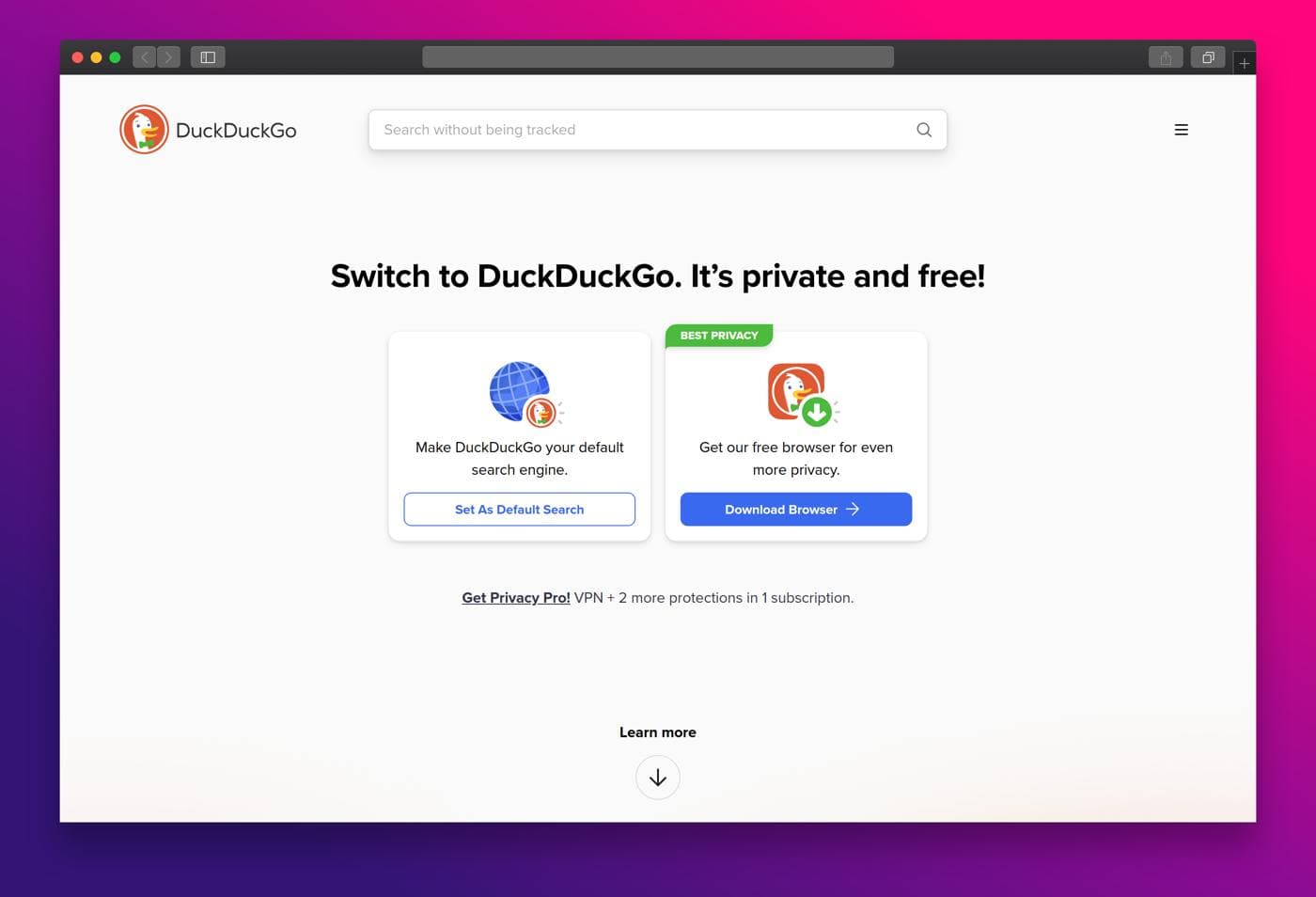
DuckDuckGo is free to use. More details can be found on their homepage.
Best for AI-powered product search
Bagoodex is an innovative AI search engine specifically designed for product discovery. It leverages advanced machine learning algorithms to analyze user preferences and search queries, providing highly relevant product recommendations. Users can explore a variety of categories including Electronics, Fashion, Home Goods, and more, making it easy to find exactly what they are looking for.
The platform also offers personalized search results based on user behavior and previous searches, enhancing the overall shopping experience. With its intuitive interface, Bagoodex allows users to quickly navigate through a wide array of products.
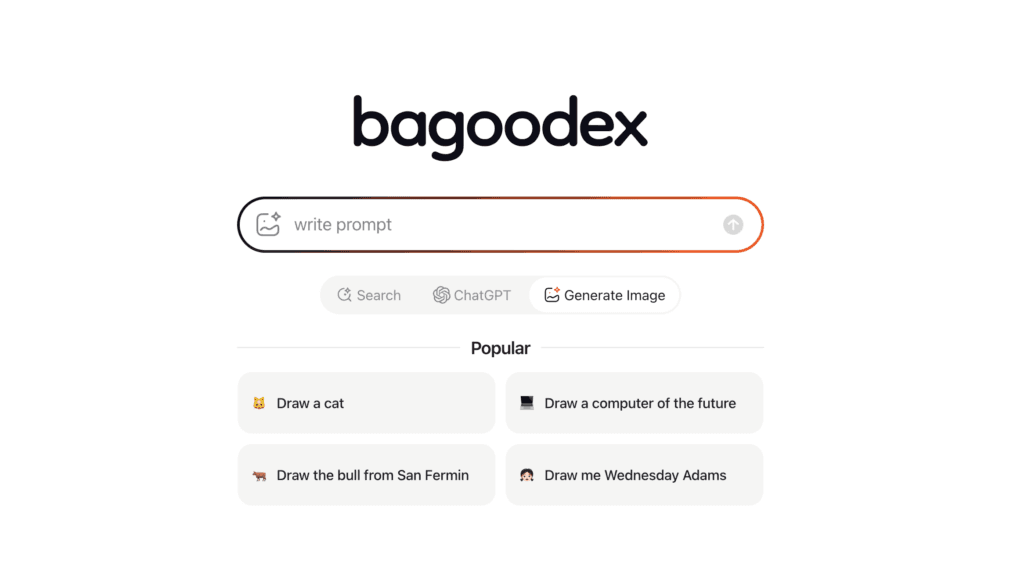
Pros:
Cons:
Key Features:
Pricing:
Bagoodex offers a free version with essential features, as well as premium subscription plans. More details can be found on their homepage.
Best for environmentally conscious searches.
Ecosia is an eco-friendly search engine that uses its profits to plant trees around the world. Users can contribute to environmental efforts while searching for information.

Ecosia is free to use. More information can be found on their homepage.
Best for straightforward question-and-answer searches.
Ask.com specializes in providing direct answers to user queries, making it ideal for those seeking quick information. Its straightforward interface encourages efficient searching.

Ask.com is free to use. More details can be found on their homepage.
Selecting the ideal AI search engine depends on your specific requirements and use case. Consider these crucial factors:
As AI continues to evolve, we can expect significant changes in search engine functionalities.
Trends such as increased use of multimodal search, enhanced conversational interfaces, and a stronger focus on user privacy are shaping the future landscape of AI search engines.
Industry experts predict that the integration of AI tools will continue to grow, offering users more personalized and contextually relevant search experiences.
Choosing the right AI search engine is vital for improving your online search experience.
With options that cater to different needs—whether for privacy, speed, or comprehensive information retrieval—it’s essential to evaluate your specific requirements.
Explore our top picks and find the best AI search engine that aligns with your needs.
Some of the top AI search engines for research include Google Gemini for its multimodal capabilities and Perplexity AI for its conversational interface that provides detailed answers.
AI search engines leverage advanced technologies like NLP and machine learning to provide contextually relevant results, whereas traditional search engines primarily rely on keyword matching.
Yes, Brave Search and DuckDuckGo are excellent choices for users prioritizing privacy, as they do not track user data.
Most AI search engines offer free plans. Premium options, like Perplexity AI and Google Gemini, range from $9.99 to $20 per month.
Perplexity AI is often praised for its accuracy in answering queries due to its advanced conversational capabilities, while Google Gemini excels in providing diverse information across multiple formats.
Explore these tools and enhance your search experience today!
Discover the top 10 rank tracking tools of 2026, featuring key insights, pricing, and expert recommendations for SEO success.
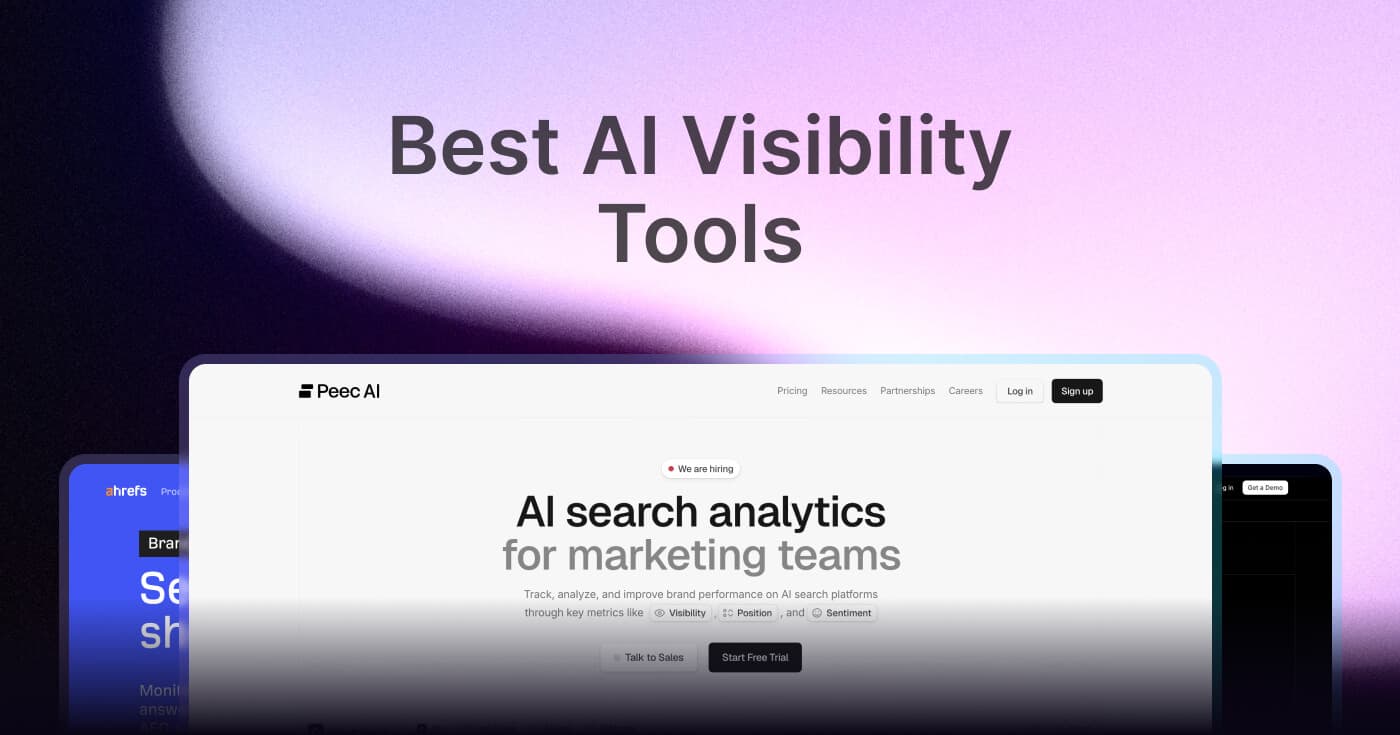
Find the most effective AI visibility tools available today, complete with pricing, platform coverage, and specific use cases to help you select the right solution.

Discover the top 9 programmatic SEO tools of 2025 that can transform your content strategy and improve your search rankings efficiently.